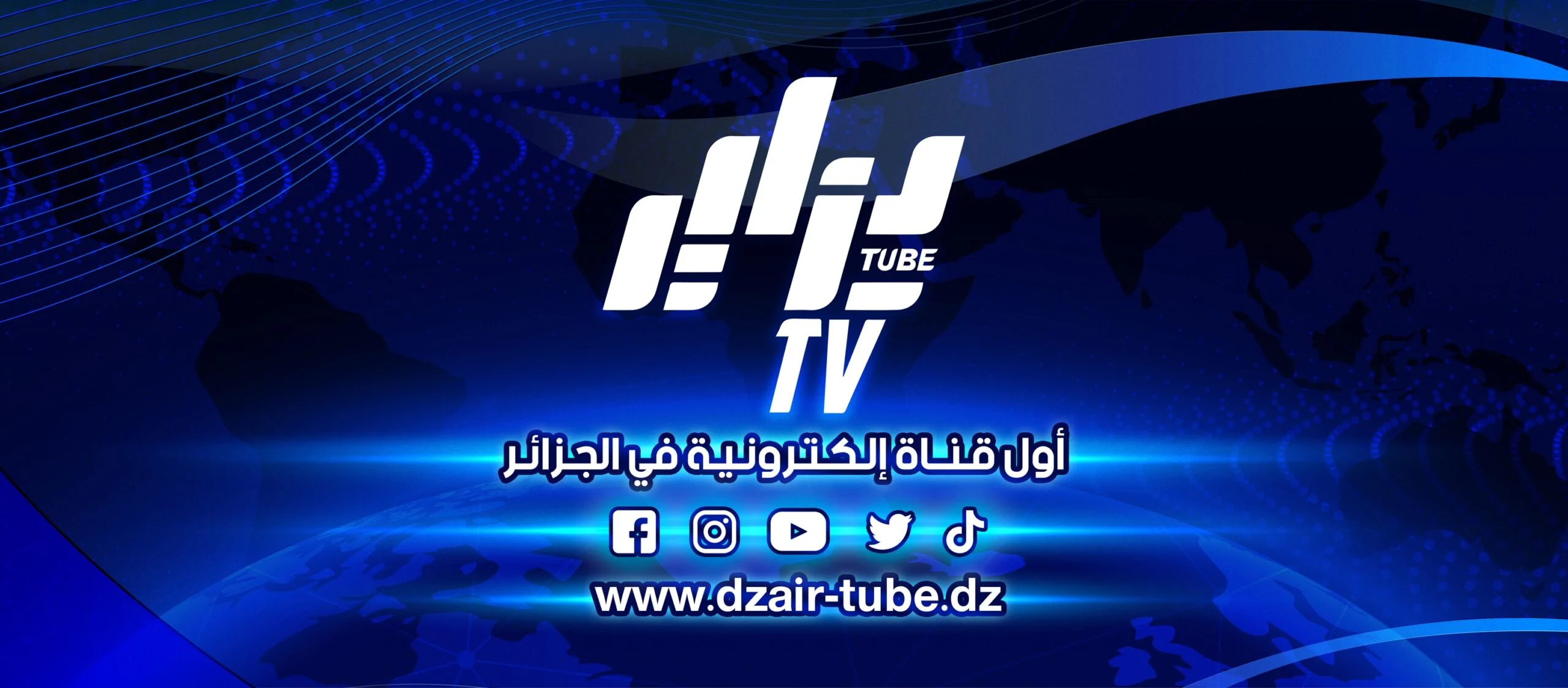The Kingdom of Illusions: Morocco’s Palace Politics and the Machinery of Occupation”
✍️ BY: Dr. Hana Saada
Algiers, Algeria | Beneath the polished façade of royal ceremonies, ribbon-cuttings, and orchestrated spectacles lies what Le Monde has described as ‘the art of palace secrets’ — a machinery of power in Morocco driven less by institutions than by personal allegiance, opaque patronage, and calculated exclusion.
A Monarchy Built on Secrecy, Not Sovereignty
At the heart of Morocco’s power structure stands King Mohammed VI, surrounded by a narrow inner circle of loyalists — childhood friends, trusted classmates, and a network of courtiers known as the Makhzen. This archaic institution, derived from the word “storage,” functions less as a guardian of statecraft and more as a mechanism of control, distributing honors and humiliations with equal measure.
In this system, protocol is not ceremony but politics. The presence or absence of an individual at a royal banquet or prayer gathering signals prestige or disgrace — a code of inclusion and exclusion that determines fortunes, careers, and reputations. What appears as folklore is, in reality, the very grammar of power.
Fragile Stability Masking Internal Rivalries
Behind the veneer of unity lies rivalry and suspicion. The conspicuous absence of Yassine Mansouri — a royal confidant and intelligence chief — from this year’s Eid prayers sparked speculation of royal disfavor. Such gestures, small to the outsider, signal tectonic shifts within the palace hierarchy. In an environment where silence is survival, whispers of discontent become tremors of instability.
Meanwhile, the balance of power is increasingly contested by Morocco’s expanding security apparatus, embodied in the figure of Abdellatif Hammouchi, whose grip on intelligence and police institutions reflects the regime’s reliance on repression rather than consensus.
Wealth, Patronage, and the Cost of Silence
The Makhzen rewards its loyalists with wealth and access, yet this patronage is conditional: loyalty to the King must be absolute, and silence on the Western Sahara must be total. Any dissent, even from the privileged elite, leads to ostracism. Morocco’s oligarchy thrives on proximity to the palace, while the vast majority of citizens endure eroded purchasing power and worsening inequality.
The enrichment of figures like Aziz Akhannouch, the billionaire-turned-prime minister, illustrates the contradiction of a monarchy that champions “development” while presiding over deepening social fractures. As living costs soar, the spectacle of unchecked wealth at the top fuels anger and alienation among ordinary Moroccans.
The Palace and Its Colonial Core
Yet, as Le Monde cautiously tiptoes around, the true core of Morocco’s system is not merely its labyrinth of courtiers but its colonial project: the occupation of Western Sahara. The pomp of royal protocol, the tightrope of rival factions, and the choreography of secrecy all serve one overriding function — to shield and perpetuate this illegal occupation.
In this monarchy, loyalty to the King is measured by silence on the Sahara. It is the ultimate litmus test, the boundary that no insider dares cross. What is dressed as domestic stability is, in fact, a fortress built upon repression, denial, and the systematic suffocation of a people’s right to self-determination.
A Hollow Kingdom
Morocco presents itself as a beacon of continuity, but it is, in truth, a monarchy of illusions: central yet absent, strong yet brittle, sophisticated in its ceremonies yet crude in its oppression. The palace politics of Mohammed VI — the so-called “art of secrets” — is not statecraft. It is survivalism, designed to obscure a fundamental truth: that behind the glittering façade of Rabat lies an occupation, a discontented society, and a monarchy clinging to power through silence, secrecy, and suppression.
The Makhzen is not a mysterious “black box” for analysts to admire. It is the machinery of domination — an engine of privilege for the few and an apparatus of dispossession for the many. Until the question of Western Sahara is resolved, Morocco’s “stability” will remain what it truly is: a fragile illusion built on the denial of freedom.

📡🌍 | About Dzair Tube Media Group | 🌍📡
━━━━━━━━━━━━━━━━━━━━━━━━━━━━━━━
📰 Dzair Tube is a trailblazer in Algerian digital journalism, delivering high-quality content in Arabic, French, and English. With more than 📈 500,000 daily clicks, it ranks among the most influential media platforms in the country.
🏆 Awarded the President of the Republic’s Prize for Professional Journalist in the Electronic Press category (🗓 October 22, 2022), Dzair Tube is widely recognized for its editorial excellence and integrity.
📱 Massive Digital Reach:
🔴 350,000+ YouTube subscribers
🔵 6 million+ followers across Facebook pages
📸 450,000+ Instagram followers
🎥 Operating from state-of-the-art studios, Dzair Tube broadcasts rich and diverse programming, including:
🗞 News | ⚽ Sports | 🎭 Entertainment | 🕌 Religion | 🎨 Culture
🗣️ Featuring interactive talk shows and exclusive interviews with prominent figures from politics, business, arts, and more, Dzair Tube serves as a key platform for public discourse and civic engagement.
📰 Its print sports daily, “Dzair Sport,” enjoys over 50,000 daily downloads via the official website—further cementing the platform’s multimedia leadership.
🎖️ Honored with the Media Leadership Award by the former Minister of Communication, Mohamed Laâgab, and celebrated at the Hilals of the Television awards, Dzair Tube continues to lead with innovation, influence, and impact.
━━━━━━━━━━━━━━━━━━━━━━━━━━━━━━━
🌐 Stay Connected:
🔗 Website: www.dzair-tube.dz
🔗 English: www.dzair-tube.dz/en
📲 Follow us on Facebook | Instagram | YouTube
━━━━━━━━━━━━━━━━━━━━━━━━━━━━━━━




